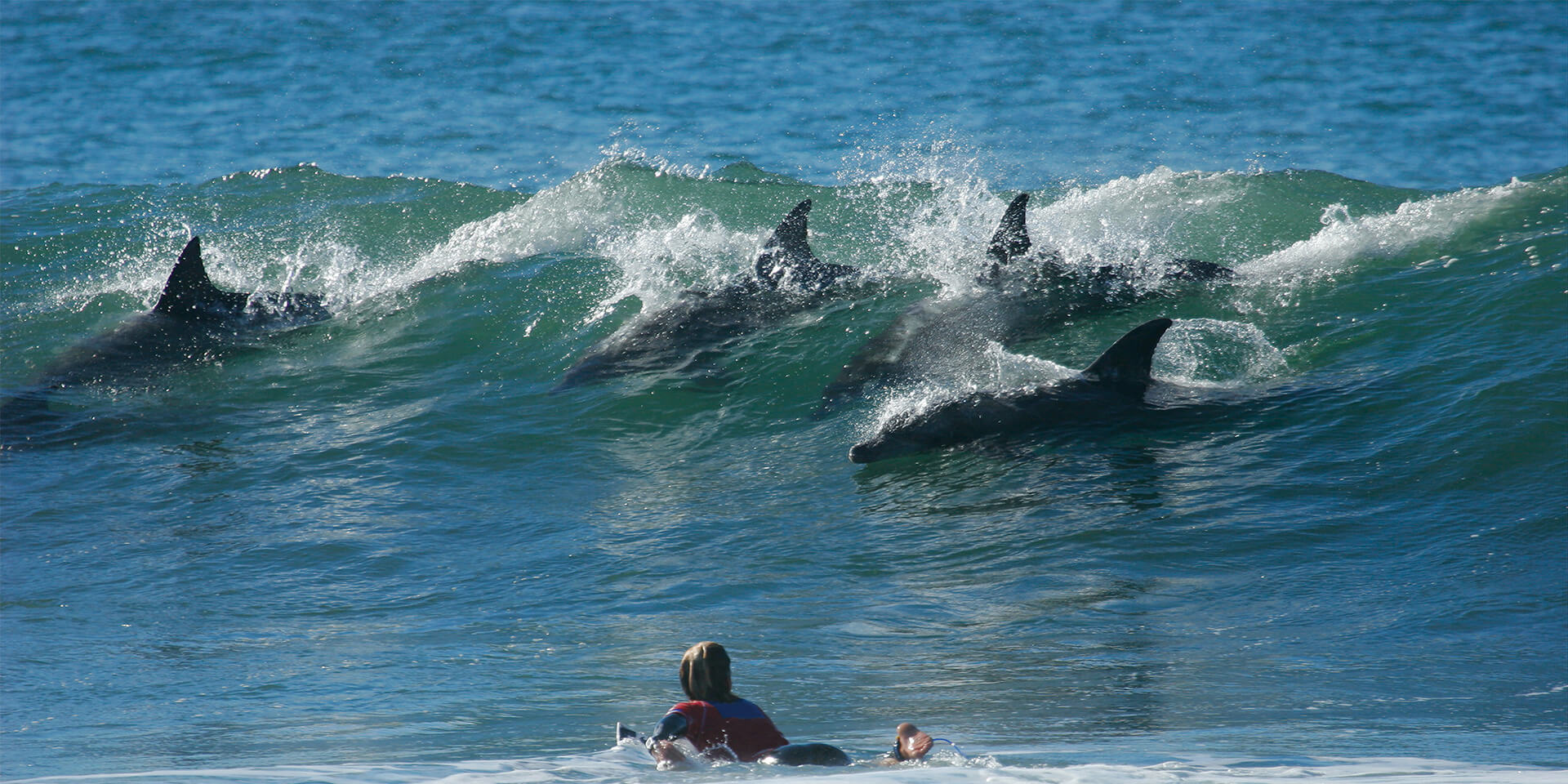Forecasting the ecology and epidemiology of avian influenza viruses in marine mammals
Johnson, C.
One Health Institute, School of Veterinary Medicine, University of California, Davis
The Marine Mammal Commission’s 2024 Marine Mammal Health Surveillance Workshop Report lists influenza as a priority pathogen for every focal species and region in the US. This project will combine empirical data and predictive modeling to characterize the transmission dynamics of high pathogenicity avian influenza (HPAI) H5N1 Gs/GD clade 2.3.4.4b viruses (hereafter “H5N1”) in marine mammals across the Americas. The 2024 southern elephant seal breeding season in Península Valdés, Argentina, provides a critical opportunity to monitor marine mammal population health following a catastrophic H5N1 mortality event. Elucidating patterns of transmission will inform disease risks to numerous sub-Antarctic and Antarctic marine mammal species disproportionately vulnerable to climate change. This project will measure molecular and serological prevalence of H5N1 in mother-pup elephant seal pairs, sea lions, and scavenging seabirds, perform phylogenetic analysis, and document contact networks to assess transmission mechanisms, differential susceptibility to disease, and potential for endemicity. A large-scale ecological niche model characterizing HPAI spillover risk to marine mammals in current and projected climate scenarios will be built, as well a multi-species epidemiological model to simulate epizootics. The goal of this work is to improve the ability to target avian influenza surveillance and monitoring, understand factors contributing to outbreaks, and predict impacts to marine mammal population health in the face of climate change.
